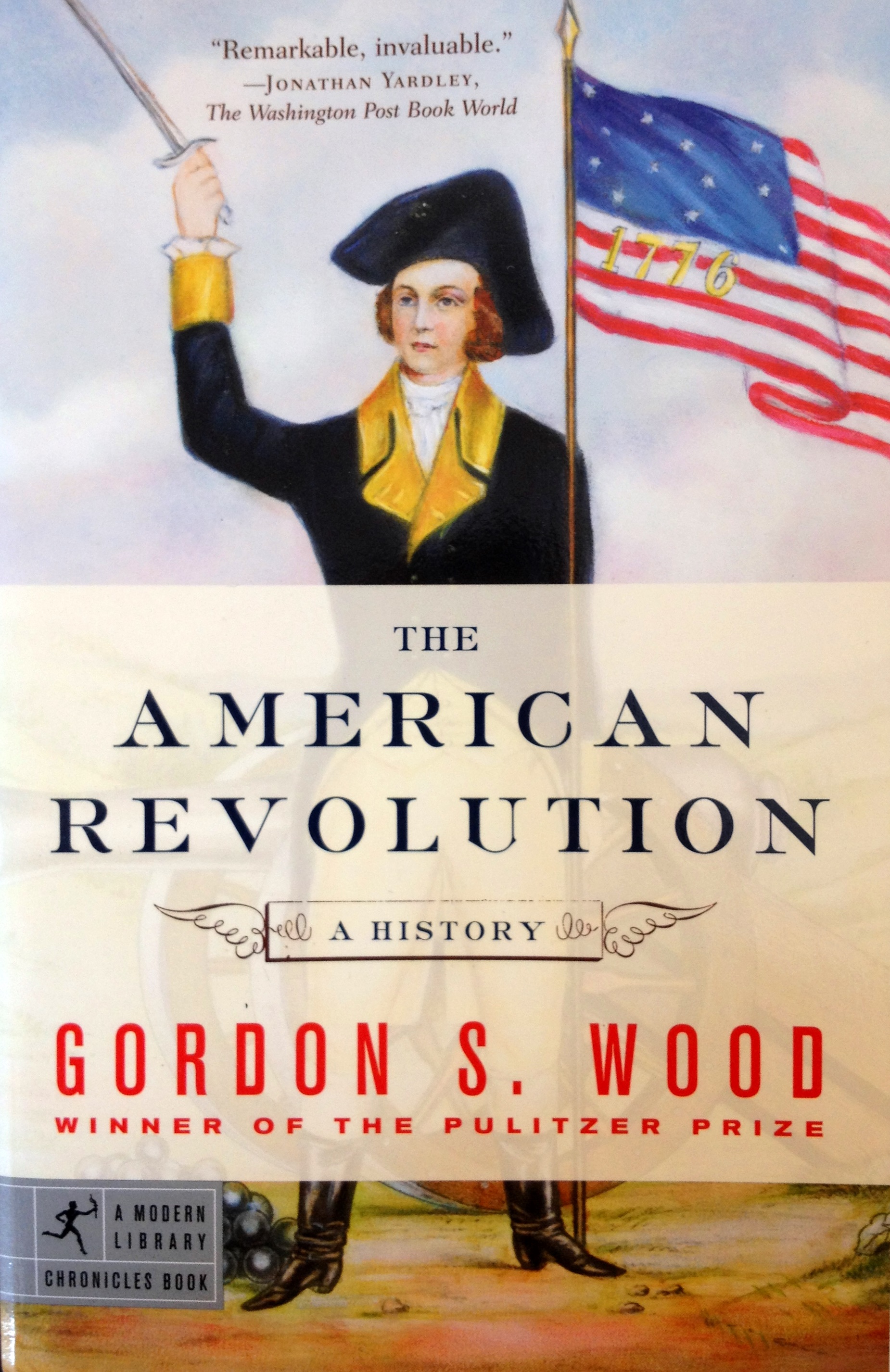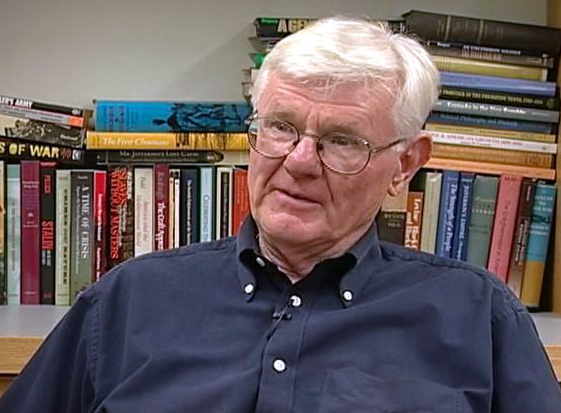

The elevation of John Adams to hero status may be the most interesting aspect of this trend, though it is hard to imagine Adams (or Hamilton or even Washington) displacing Jefferson as an object of veneration, not least because of those thrilling first paragraphs of the Declaration of Independence.


What is Wood getting at here? Why does he care if Americans revere Jefferson or not? Aren’t there other good candidates for “supreme spokesman” for our ideals, such as, well, Abraham Lincoln? Do we even need a supreme spokesman? The popularity of “founder” biographies in recent years suggests that many Americans think we do need such political heroes. Even with the benefit of hindsight, Wood all but endorses the view of the Baptist minister who thought Jefferson’s re-election to the presidency in 1804 was a signal of the approaching millennium: “Thomas Jefferson is the angel who poured out his vial upon the river Euphrates, that the way of the kings of the east might be prepared.” Or, in Wood’s words: “Despite persistent attempts to discredit his reputation, as long as there is a United States will remain the supreme spokesman for the nation’s noblest ideals and highest aspirations.” Crusty New Englanders held Americans back gregarious Virginians spurred them forward. The aristocracy of the past was Federalist, the democracy of the future Republican. For reasons that are not entirely clear, he thinks it makes sense for contemporary Americans to take sides in the fierce partisan struggles of this era–and leaves no doubt about which side we should take. Instead of showering his empathy indiscriminately, Wood casts his story of egalitarian blossoming in relentlessly partisan terms. In an opus of book reviews, many published originally in The New York Review of Books and The New Republic and collected in The Purpose of the Past (2008), Wood has been very explicit about the proper role for a historian of the early United States: to empathize with the good intentions and well-meaning gestures of the Founders with a capital F.īut not all the Founders. Even so, Wood thinks the history of the United States in the era from the adoption of the Constitution to the conclusion of the War of 1812 should be mobilized to instill pride rather than provoke sorrow, to highlight triumphs instead of tragedies.

He acknowledges that a dynasty of Virginia slaveholders dominated the government, that the Louisiana Purchase and cotton gin ignited an explosive westward expansion of slavery and that an Indian policy of massacre and expulsion destroyed any hope for a less violent future in the West. Wood, a professor emeritus at Brown University, seems to realize that the happy story he tells about the rise of equality-loving go-getters–a process he calls the “republicanization” of American society–had a dark side.


 0 kommentar(er)
0 kommentar(er)
